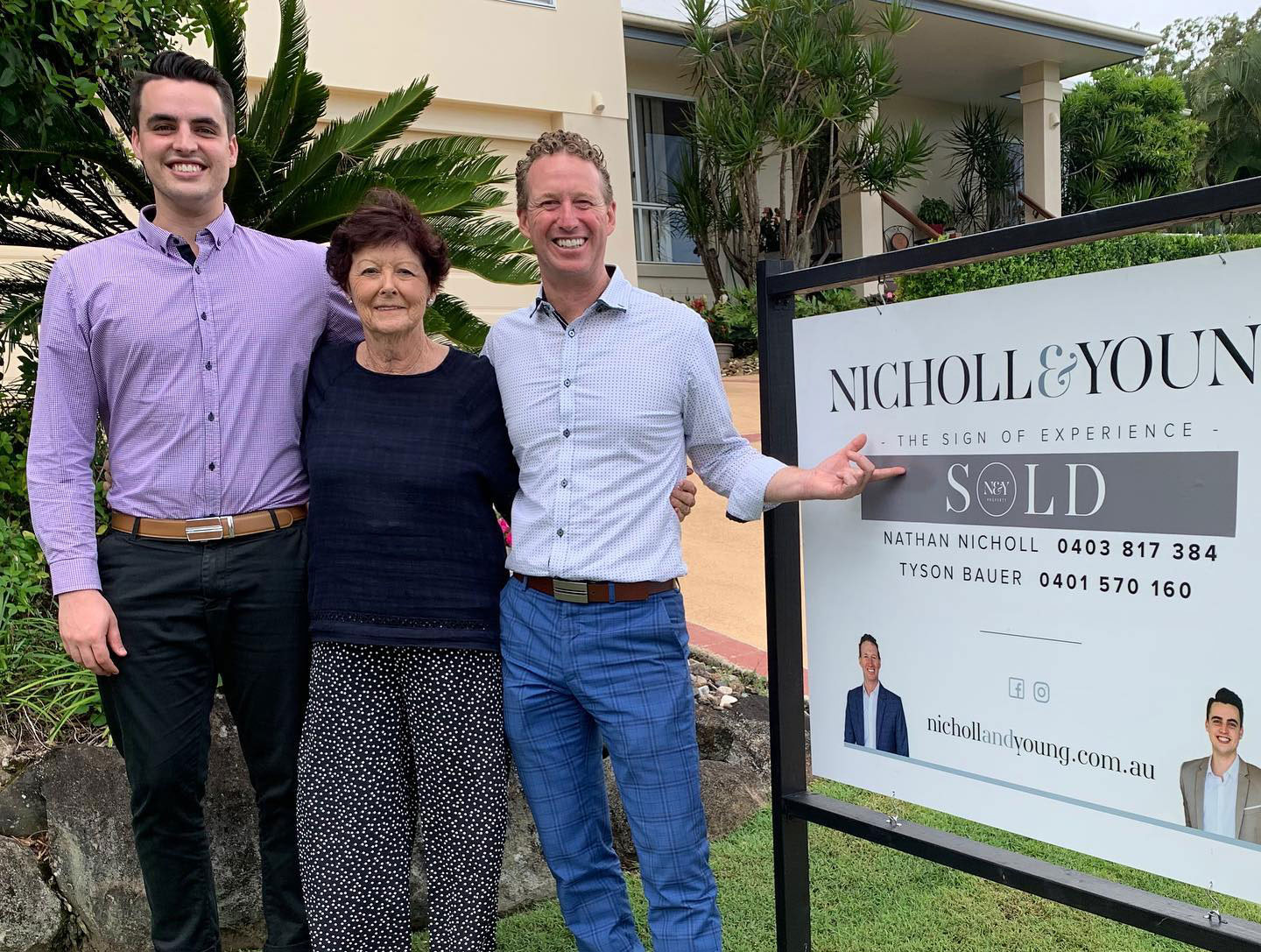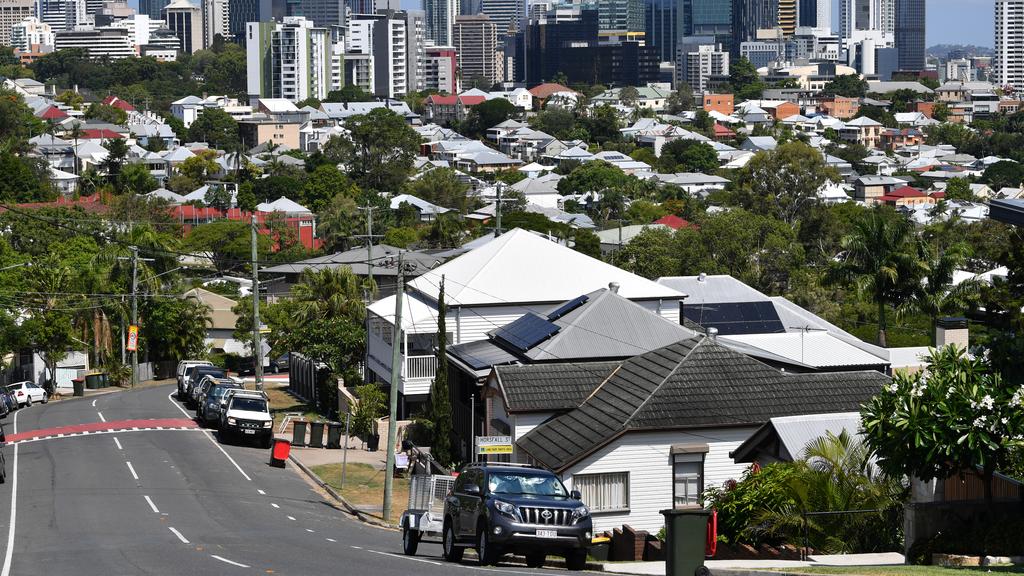The Secret To An Effortless Property Sale Is To Start With The Right Price
Now that you’ve made the big decision to sell your property, perhaps the next most important step is to price your home right. This single factor is key to achieving a quick and easy sale.
From the moment your property hits the real estate market, you have about 21 days before demand and interest start to decline. You can see, then, that it’s imperative to attract buyers during those first few days when your listing is fresh and new. Yes, you can always drop the price later, but the interest may already be gone.
Pricing a property for sale is all about supply and demand. Buyers will be scared off if you price your property too high, but if it’s set too low you could end up walking away with less than your property was actually worth.
Do your research and enter the selling process with a reasonable price and you’ll quickly discover that selling your home can be relatively pain free. Here are our top tips on ways to estimate the value of your property –
Tip No. 1: Use Comparative Market Analysis (CMA)
Comparative Market Analysis is a tool used by real estate agents to help sellers determine the right list price for your property. What CMA does is look at similar properties that have sold over the past 6-12 months in your area to see how your property compares. This will give both you and the agent an approximation of the market value of your home. A CMA report compares multiple factors, such as –
- The location of each property
- The age of each property
- The acreage and square footage of each property
- The condition of each property
- The number of bathrooms and bedrooms in each property
- Any additions, upgrades, or amenities that could potentially set one property apart from the others
- Any interior finishes that could potentially subtract or add value to each property.
Your property’s proximity to schools, hospitals, shopping centres, parks, and public transport will also be considered.
An experienced real estate agent will provide a CMA as part of their free appraisal. They will also advise on how to boost your property’s saleability, local market quirks, and any other factors that might affect price.
Note that a CMA is not an exact science and does not replace a formal appraisal, which will need to be carried out if the buyer is financing the purchase of your property. The truth is that the only thing that determines the actual value of your property is the market itself.
Keep in mind that real estate agents want your business, and many will tell you what you want to hear rather that what you should be told about value. Before deciding on an agent to sell your property, do your research and check testimonials.
Tip No. 2: Use an Online Home Value Estimator
Use one of the online home value estimators, like openagent or lendi, who use maths modelling to predict the current value of a property. These estimator tools use recent sales, comparable property listing prices, and public records of real estate transactions, to provide a report showing the estimated value of your property.
Caution: The report provided by these Home Value Estimators will only offer a very rough guide to assist in setting the selling price of your property. This is a computer generated report, so the estimate could be well off the mark. Whereas an agent can physically inspect your property, the Estimator doesn’t have that ability and can’t offer ideas for boosting its sales potential.
Tip No. 3: Hire the Services of a Qualified Valuer
If you’re still unsure about how to set the selling price for your property, we suggest hiring the services of an experienced and qualified valuer to provide a formal property valuation. The licensed valuer will assess your property’s features and compare local sales and listings, but he’ll go much deeper into market risk factors, environmental issues, and so on.
A licensed valuation should take around two or three days and will provide an accurate and completely unbiased opinion of the value of your property. This is probably the most accurate assessment you will get and can be useful to both the seller and potential buyers.
A Licensed Valuation will cost you, and in many cases is not necessary. Thebalance.com, a financial guide, says that paying for a valuation could be overkill unless it’s such a unique property that the listing agent is unable to prepare a Comparative Market Analysis.
In Conclusion
- Always use an experienced and trusted agent.
- Low marketing costs, low commissions, and overblown home valuations can be very enticing – don’t let yourself be seduced by fancy figures.
- Your pricing strategy should capitalise on the excitement of the initial launch.
- Welcome feedback. Your agent should be very open with you about home open numbers, online views, and pricing feedback. It’s the only way you can be assured your pricing structure was set correctly.



